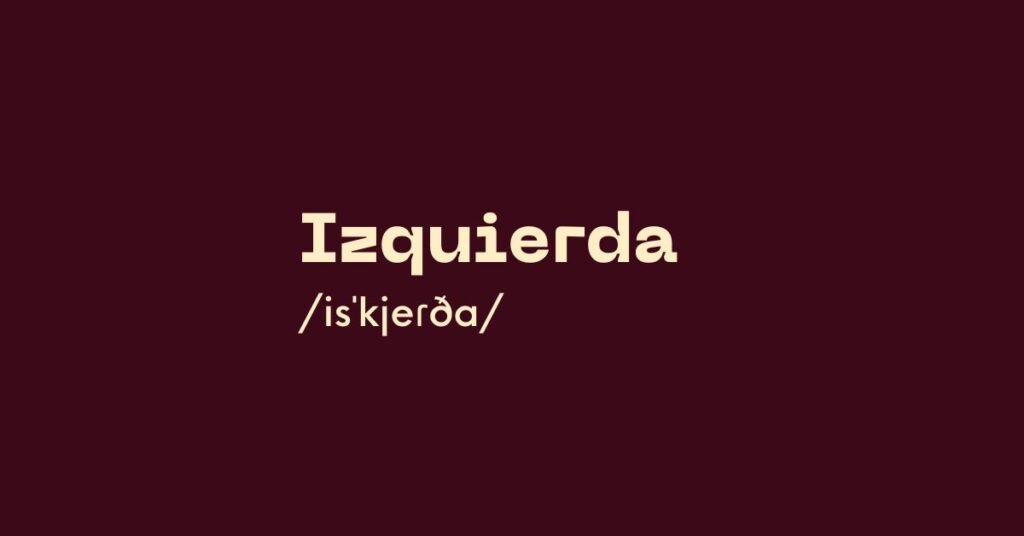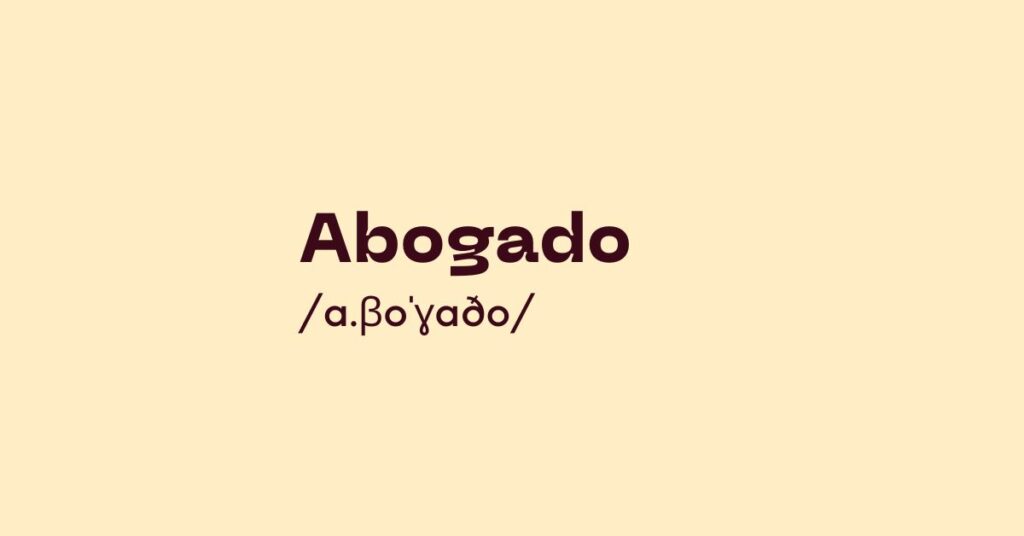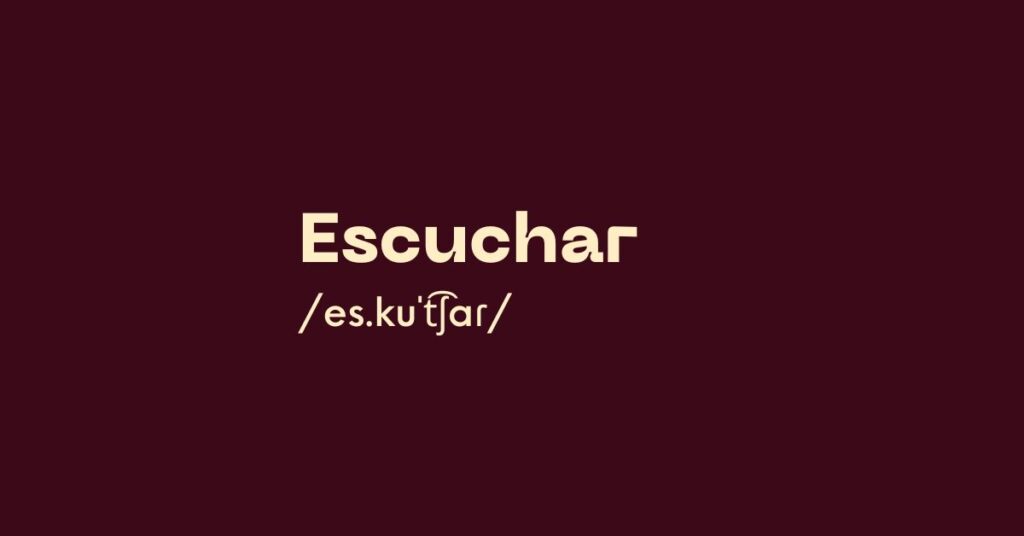Tomar
Today’s Spanish word of the day is “tomar”. It’s a verb that can have several meanings, including “to get”, “to take” and “to drink”. It’s similar to the English word “to take” in that it’s a very versatile word with a lot of different applications. You could use “tomar” in the context of taking possession […]








